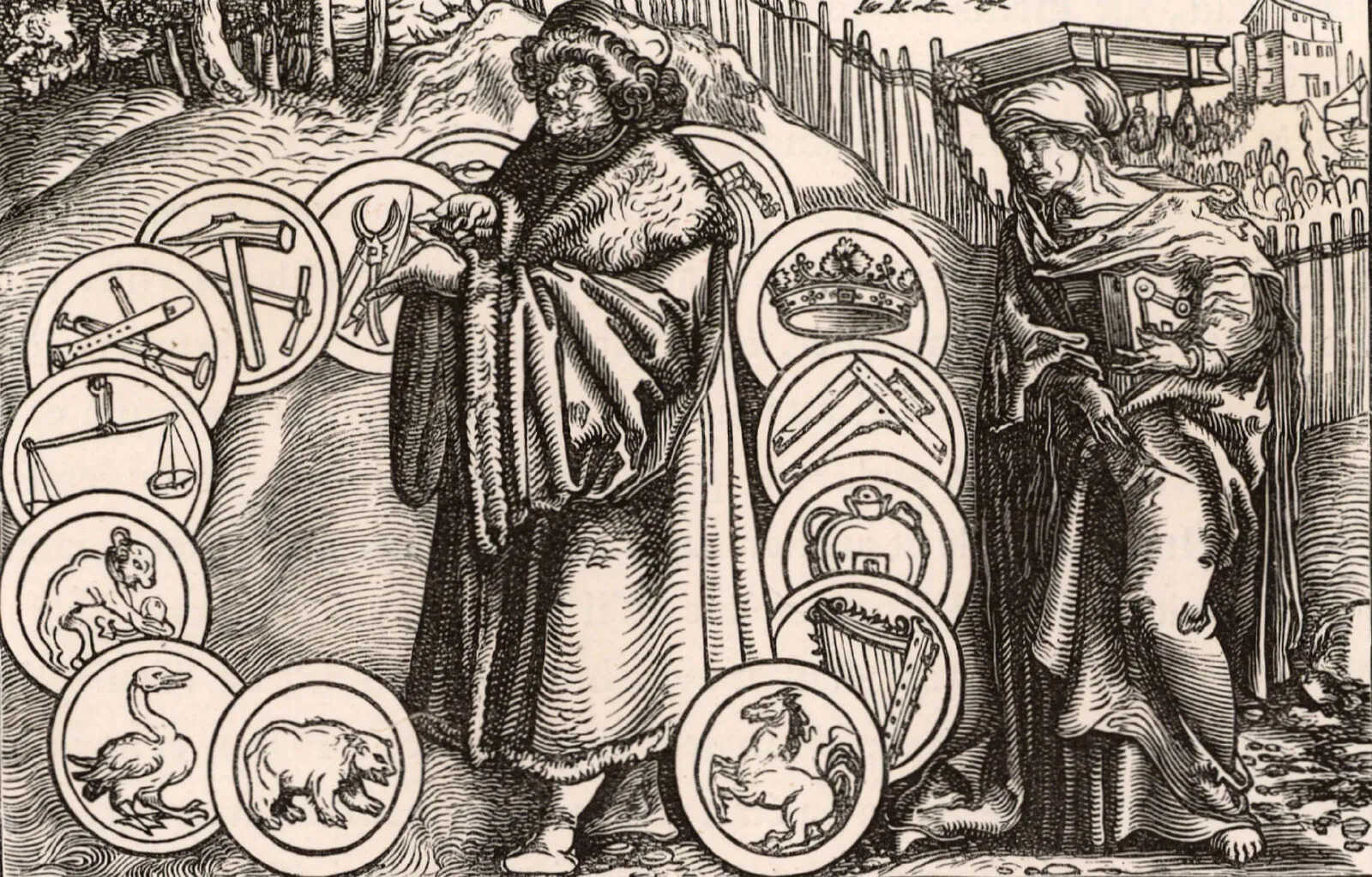
Boethius, a name that may not be familiar to everyone, but his contributions to philosophy and literature have left an indelible mark on Western thought. Born in the late 5th century AD, Anicius Manlius Severinus Boethius was a Roman senator, philosopher, and writer. His most famous work, “The Consolation of Philosophy,” continues to inspire and intrigue scholars today. In this article, we will delve into the world of Boethius and uncover 10 mind-blowing facts about his life and works that you may not have known. From his influential role in preserving and translating classical texts to his tragic end, Boethius’s story is a captivating journey through the realms of knowledge and wisdom. So, fasten your seatbelts and get ready to explore the fascinating world of Boethius!
Key Takeaways:
- Boethius was a Roman philosopher and statesman who wrote “The Consolation of Philosophy” and influenced medieval thought with his logic and poetry. Despite unjust accusations, his legacy lives on in modern academia.
- Boethius’s work continues to inspire thinkers today, shaping discussions on the nature of God, the pursuit of happiness, and the problem of evil. His writings remain highly regarded and relevant in contemporary philosophical discourse.
Boethius was a Roman philosopher and statesman.
Boethius, born in 480 AD, was not only a renowned philosopher but also served as a prominent senator in the court of King Theodoric the Great.
Boethius wrote the influential work “The Consolation of Philosophy”.
“The Consolation of Philosophy” is a philosophical masterpiece that explores themes of fate, free will, and the pursuit of happiness. It remains one of Boethius’s most significant contributions to literature.
Boethius’s work played a crucial role in the development of medieval thought.
His writings were instrumental in preserving and transmitting ancient Greek philosophy to the medieval world. Boethius’s translations and commentaries on Aristotle’s works greatly influenced subsequent thinkers.
Boethius made significant contributions to the field of logic.
He is credited with introducing the concept of “hypothetical syllogism,” a logical deduction based on the form “if A then B, and if B then C, then if A then C.” This form of reasoning is still studied and used in logic today.
Boethius was unjustly accused of treason.
Despite his contributions and loyalty to Theodoric, Boethius was falsely accused of conspiracy against the king. He was imprisoned and eventually executed in 524 AD.
Boethius’s writings influenced prominent thinkers such as Thomas Aquinas and Dante.
His ideas on the nature of God and the relationship between faith and reason had a profound impact on medieval theologians and philosophers. Thomas Aquinas and Dante both drew inspiration from Boethius in their own works.
Boethius’s philosophical works were widely translated and studied during the Middle Ages.
His works were translated into various languages, including Latin, Arabic, and Old English. The Consolation of Philosophy, in particular, enjoyed immense popularity and became a key text in medieval education.
Boethius was skilled in both prose and poetry.
He excelled not only as a philosopher but also as a poet. Boethius composed several influential and beautifully crafted Latin poems, which showcased his versatility as a writer.
Boethius’s legacy lives on in the philosophical concept of Boethianism.
Boethianism refers to the philosophy and theological framework inspired by Boethius’s ideas. It encompasses discussions on the nature of God, the problem of evil, and the pursuit of true happiness.
Boethius’s work continues to be studied and appreciated in modern academia.
His contributions to philosophy, logic, and literature remain highly regarded. Scholars continue to analyze and interpret Boethius’s writings, recognizing their enduring relevance in contemporary philosophical discourse.
Conclusion
In conclusion, Boethius was a remarkable figure in history, whose contributions continue to impact various disciplines. From his influential works in philosophy and logic to his profound influence on medieval thought, Boethius left an indelible mark on intellectual discourse. His ability to reconcile faith and reason, his pursuit of wisdom, and his unwavering commitment to truth make him a figure worth studying and admiring.Boethius reminds us of the enduring relevance of classical philosophy and the pursuit of knowledge. His works serve as a testament to the power of human reason and the importance of ethical principles in guiding our actions. As we delve into the mind-blowing facts about Boethius, we are not only uncovering the intricacies of his life but also gaining a deeper understanding of the impact a singular individual can have on the course of history.Through his enduring legacy, Boethius invites us to question, explore, and seek truth in our own lives. His wisdom and insights serve as a guiding light, encouraging us to embrace reason and strive for a harmonious balance between faith and intellect.Let us remember Boethius as a profound thinker, a philosopher, and a symbol of the enduring power of human curiosity and the pursuit of knowledge.
FAQs
1. Who was Boethius?
Boethius was a philosopher, statesman, and scholar who lived in the late 5th and early 6th centuries. He was known for his influential works in philosophy, particularly in the fields of logic and metaphysics.
2. What were Boethius’s major contributions?
Boethius’s major contributions include his influential works such as “The Consolation of Philosophy” and his translations of Aristotle’s works into Latin. He also developed a system of music theory that had a major impact on medieval and Renaissance music.
3. What is “The Consolation of Philosophy”?
“The Consolation of Philosophy” is a philosophical work written by Boethius while he was in prison. It explores themes of fate, free will, and the nature of good and evil, offering insights into the human condition and the pursuit of happiness.
4. How did Boethius influence medieval thought?
Boethius’s works played a significant role in preserving and transmitting classical Greek philosophy and knowledge to the medieval period. His ideas and concepts influenced numerous medieval scholars and theologians, shaping the intellectual landscape of the time.
5. What is Boethius’s relevance today?
Boethius’s relevance today lies in his exploration of the relationship between faith and reason and his emphasis on the importance of ethics and morality. His ideas continue to inspire discussions on the nature of knowledge, the existence of God, and the pursuit of a meaningful life.
Boethius's philosophical brilliance shines through the ages, leaving you yearning for more intellectual adventures. Why not explore the captivating world of John Duns Scotus and his groundbreaking contributions to metaphysics? Or, take a step back in time to uncover the fascinating secrets of Ancient Rome. For those seeking to sharpen their minds, delve into the extraordinary realm of logic and its profound impact on human thought. Embark on these thrilling journeys of knowledge and expand your understanding of the world around you.
Was this page helpful?
Our commitment to delivering trustworthy and engaging content is at the heart of what we do. Each fact on our site is contributed by real users like you, bringing a wealth of diverse insights and information. To ensure the highest standards of accuracy and reliability, our dedicated editors meticulously review each submission. This process guarantees that the facts we share are not only fascinating but also credible. Trust in our commitment to quality and authenticity as you explore and learn with us.


